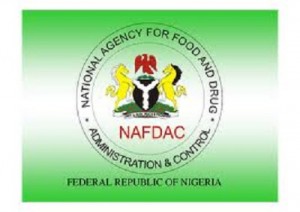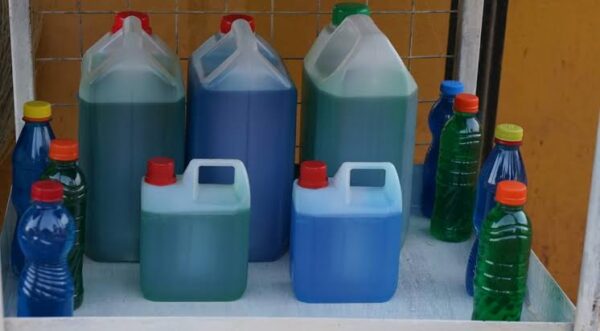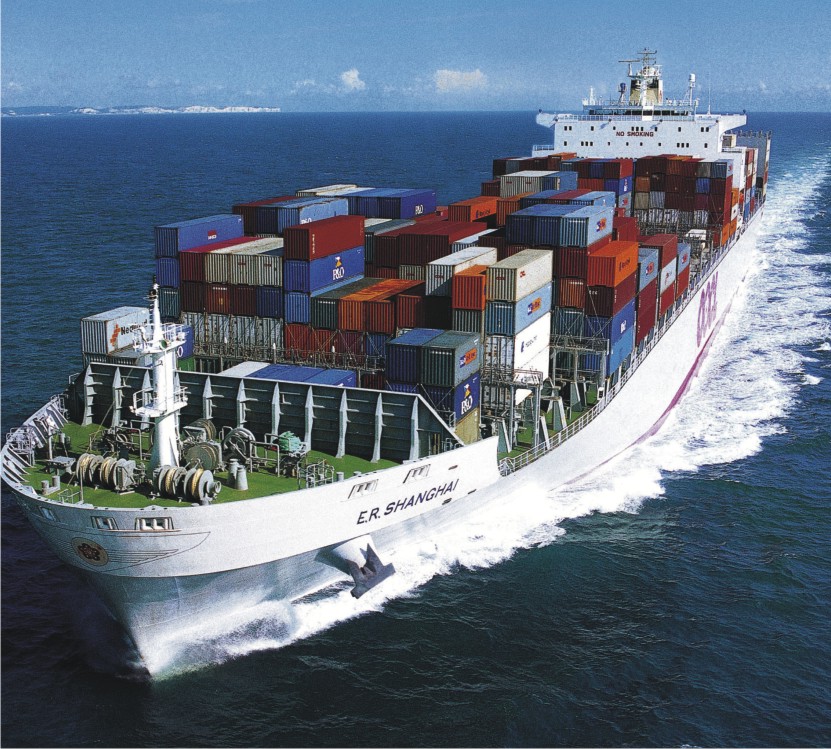Guidelines For Registration Of Imported Drug Products In Nigeria
Shippers Guide is the learning page of MMS Plus. Here we answer the five W’s and H of several issues in the shipping industry. This week we learn the guidelines for registration of imported drug products in Nigeria. The guidelines were stipulated by the National Agency for Food and Drug Administration and Control (NAFDAC)
- GENERAL
These guidelines are for the interest of the general public and in particular, pharmaceutical industries in Nigeria. It is necessary to emphasize that, no drug shall be manufactured, imported, exported, advertised, sold or distributed in Nigeria unless it has been registered in accordance with the provisions of ACT CAP F33 LFN 2004 (formerly decree 19 of 1993) and the accompanying guidelines.
- APPLICATIONS/MANUFACTURER
- (a) An application for registration of a drug product shall be made by the manufacturer.
(b) In case of a manufacturer outside Nigeria such shall be represented in Nigeria by a duly registered pharmaceutical company.
(c) An applicant for a manufacturer outside Nigeria must file evidence of Power of Attorney from the manufacture which authorizes him to speak for his principal on all matters relating to the latter’s specialties. The original Power of Attorney is to be notarized in the country of origin by a Notary Public and submitted to NAFDAC.
Or, Contract Manufacturing Agreement (where applicable). This should be notarized in the country of origin by a Notary Public and submitted to NAFDAC.
NOTE:
The representative in Nigeria, whether a corporate body or an individual with the power of attorney, will be held responsible for ensuring that the competent authority in the country is informed of any serious hazard newly associated with a product imported under the provisions of the Act or of any criminal abuse of the certificate in particular to the importation of falsely labeled, spurious, counterfeited or substandard medicinal products.
- (a) The applicant shall submit to the office of the Director (Registration and Regulatory Affairs), a written application, stating name of the manufacturer, generic name, brand name (where applicable), strength, indications and obtain the prescribed application form which must be properly filled with all required information.
(b) A separate application form shall be submitted for each drug product. In this context, a drug product means a separate drug formulation. However the application for registration of one dosage form with different strengths shall be made on a separate application form.
- DOCUMENTATION
1 The manufacturer, in the case of imported drug products (from India and China only), must submit evidence that they are licensed to manufacture drugs for sale in the country of origin (Manufacturer’s Certificate). Such evidence must be issued by the competent Health Authority in the country of manufacture.
- There must be evidence that the drug product is manufactured according to Good Manufacturing Practice (GMP).
3 There must be evidence by the competent Health Authority, that the sale of the product does not constitute a contravention of the drug laws of that country. i.e. Certificate of Pharmaceutical Product (COPP) that conforms to WHO format.
The documents in respect of C1-3 shall be authenticated by the Nigerian Mission in that country. In countries where no Nigerian Embassy or High Commission exists, any other Embassy or High Commission of any Commonwealth or West African country can authenticate.
4 The applicant shall submit two (2) dossiers made out in accordance with the Agency’s format.
- Evidence of Trade Mark Approval for brand name from Federal Ministry of Commerce in Nigeria should be submitted.
- Copy of current Annual Licence to Practice as a Pharmacist for the Superintendent Pharmacist issued by Pharmacists Council of Nigeria should be submitted.
- Copy of Current Certificate of Registration Retention of Premises issued by Pharmacists Council of Nigeria
- Comprehensive Certificate of analysis of the batch of product submitted for registration processing shall be submitted.
- PRODUCT
- A drug product shall not be manufactured in Nigeria, unless the factory is inspected and Certificate of Recognition is issued by NAFDAC.
2 In the case of an imported new drug substance, there must be evidence that limited local clinical trials have been undertaken, and that such product is registered in the country of origin and also, in at least 2 or more developed countries.
- No combination drug product shall be registered or considered for registration unless there is proven evidence that such a product has clinical advantage over the single drug available for the same indication(s).
- The application should indicate the class or type of registration required – whether a prescription only product or Over the Counter.
5 Product found to be of doubtful, little or no therapeutic value shall not be considered for registration.
6 An applicant shall not be allowed to register a formulation in more than one brand name even where different doses of the active ingredient(s) are used.
- All dosage forms of a particular brand name must contain the same active ingredient(s) or at least the major active ingredient(s) e.g. A cream – Betamethasone 10mg, A soap – Betamethasone 20mg
- LABELLING
- Labelling shall be informative, clear and accurate.
- Minimum requirements on the package label in accordance with the drug labeling regulations should be:
(a) Name of medicine (brand name) where applicable and generic name.
(b) Name and full location address of the manufacturer.
(c) Provision for NAFDAC Registration Number on product label.
(d) Batch No., Manufacturing date and Expiry date.
(e) Dosage form & strength
(f) Indications, frequency, route, conditions of administration.
(g) Dosage regimen on the package (OTC drugs only if there is no accompanying leaflet insert.
(h) Leaflet insert, if prescription product and hospital packs.
(i) Net content of product.
(j) Quantitative listing of all the active ingredients per unit dose.
(k) Adequate warnings where necessary.
- Where a brand name is used, there MUST be the generic name which should be conspicuous
in character, written directly under the brand name e.g.:- VENTOLIN TABLETS SALBUTAMOL”
- Any drug product whose name or package label bears close resemblance to an already registered product or is likely to be mistaken for such registered product, shall not be considered for registration.
- Any drug product which is labeled in a foreign language shall NOT be considered for registration unless an English translation is included on the label and package insert (where applicable).
- TARRIF
All payments to the Agency are payable by bank draft to the National Agency for Food and Drug Administration and Control.
1 Over The Counter (OTC) Medicines One million naira (=N=1,000,000:00) plus 5% VAT per product
2 Prescription Only Medicines (POM) Two hundred and fifty thousand Naira (N250,000:00) plus 5% VAT per product
3 Orphan Drugs Eighty thousand Naira (N80, 000:00) plus 5%VAT per product.
4 The Drug form labeled “FORM D-REG/001” N500.00 (five hundred naira)
- TIME LINE
The time line for product registration from submission of samples up to issuance of registration number is hundred (100) work days. However, this depends on satisfactory compliance by the applicant.
NOTE
(1) Registration of a product does not automatically confer Advertising permit. A separate approval by the Agency shall be required if the product is to be advertised.
(2) NAFDAC may withdraw the certificate of Registration in the event that the product is advertised without express approval from the Agency.
(3) NAFDAC reserves the right to revoke, suspend or vary the certificate during its validity period.
(4) Filling an application form or paying for an application form does not confer registration status.
(5) Failure to respond promptly (within 30 work days) to queries on enquiries raised on the application, will automatically lead to suspension of further processing of the application.
(6). A successful application attracts a Certificate of Registration with a validity period of five (5) years.












